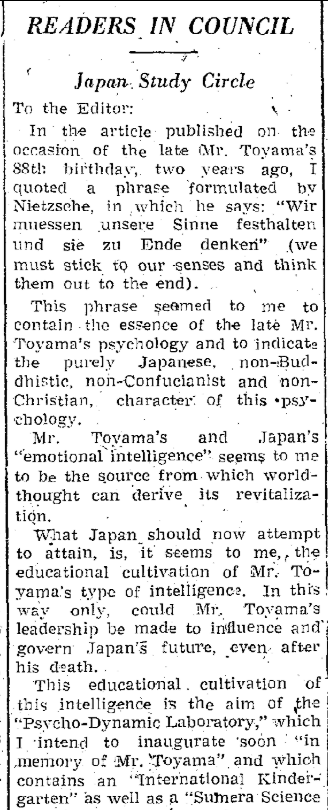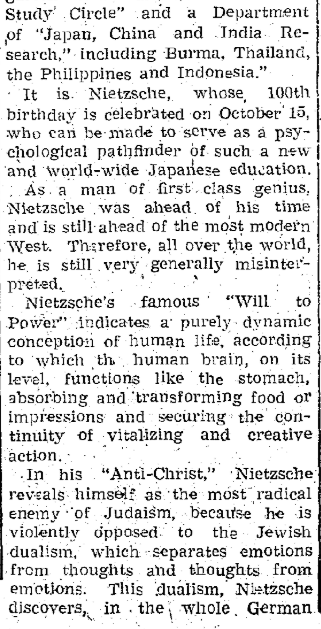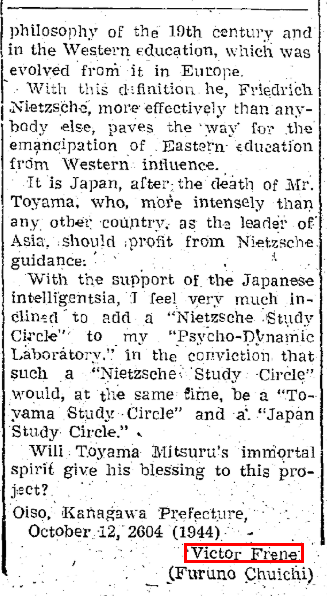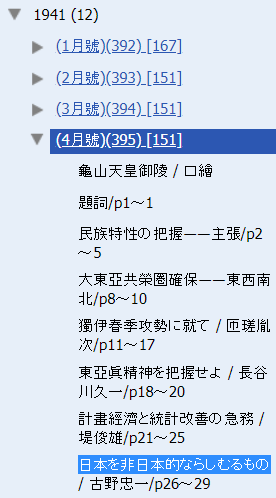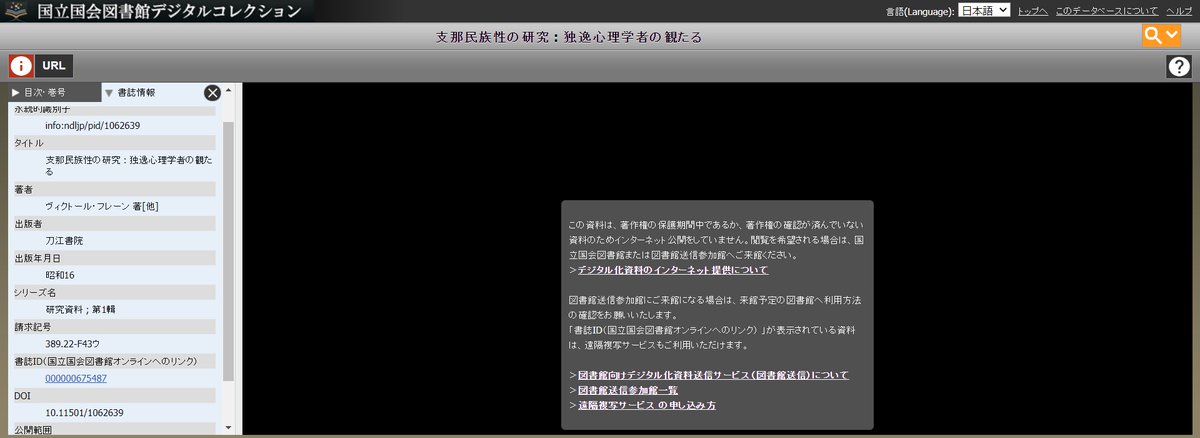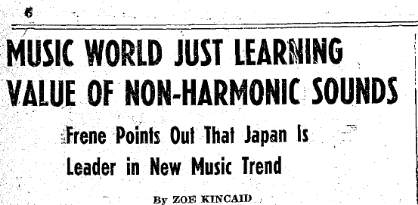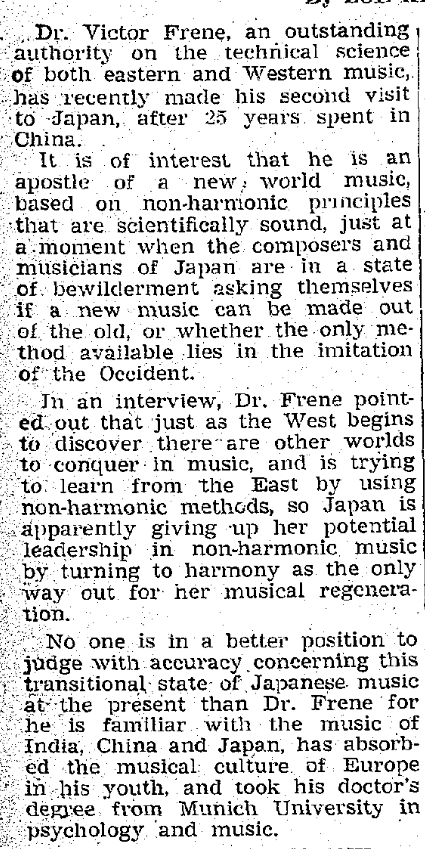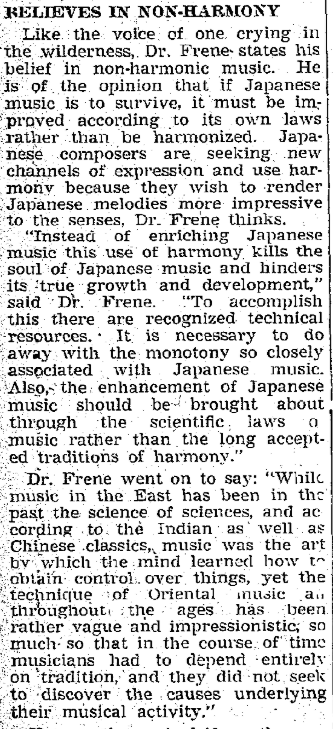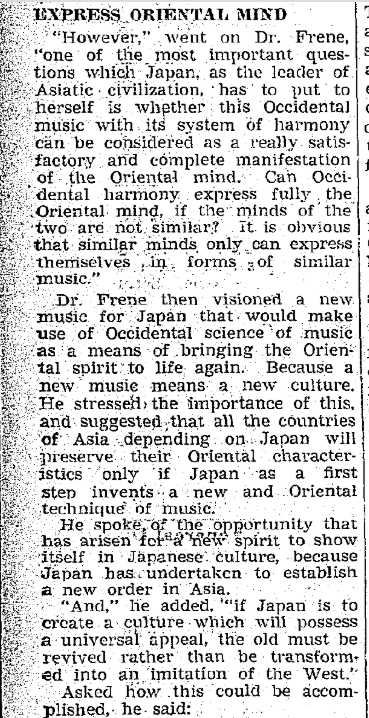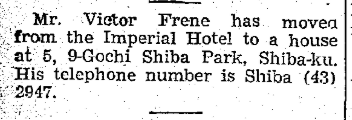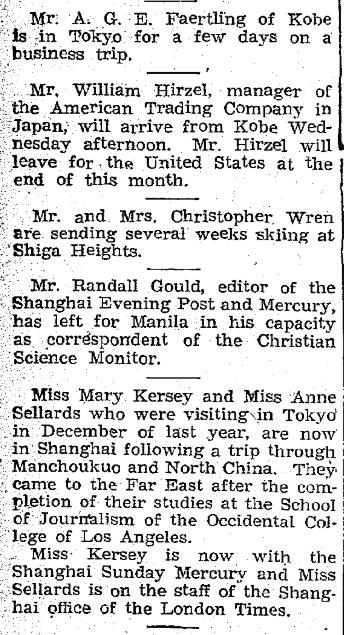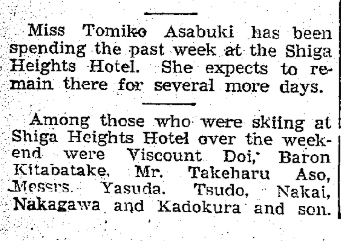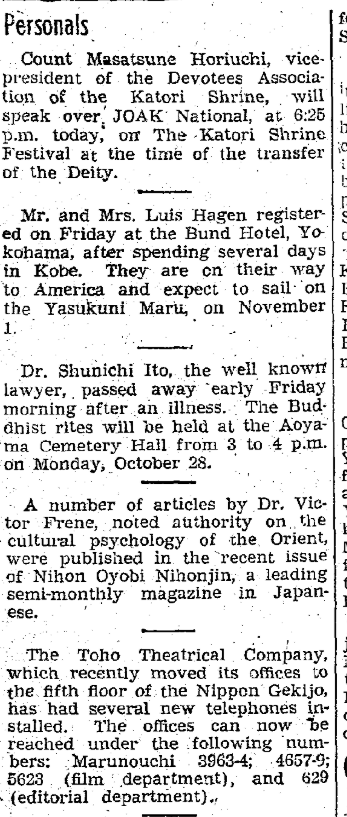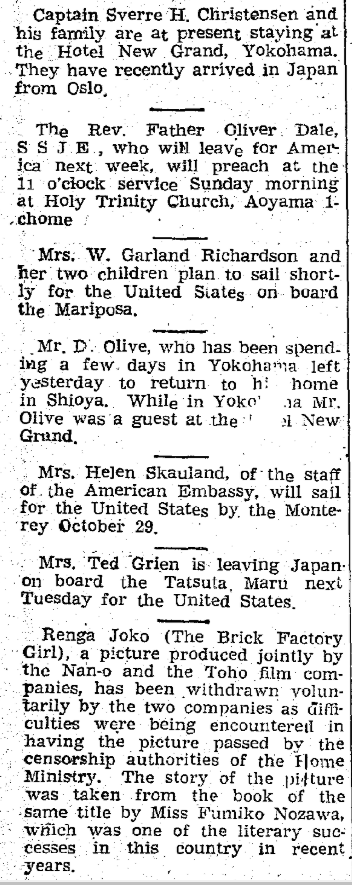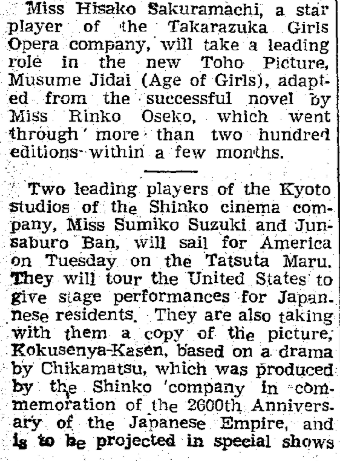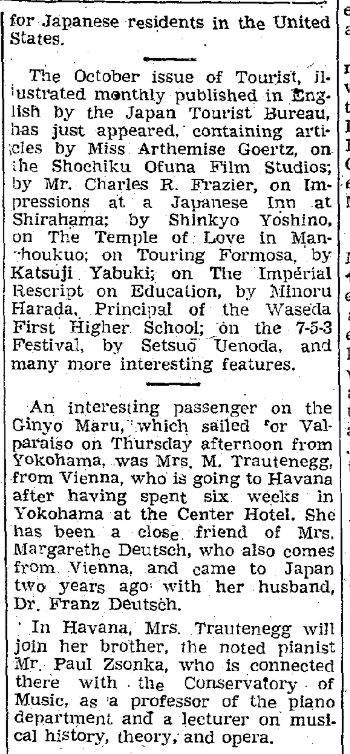Who were the people reading the Nippon Times (predecessor of @japantimes) during WWII?
・English-speaking foreigners in Japan? I doubt there were many of those at that time.
・Japanese people wanting to learn English? But there were gov. policies against the English language.
・English-speaking foreigners in Japan? I doubt there were many of those at that time.
・Japanese people wanting to learn English? But there were gov. policies against the English language.
Everytime I go through the Japan Times archives and look at results from those years, I can& #39;t help but think about this question. Who were they writing for?
This 1943 letter to the editor, signed "Y.B." appears to be written from the perspective of a Japanese person who was on the ground in China. It reads like a full-on propaganda piece, though, so I wonder if it& #39;s really a genuine letter from a reader.
This reader wondered whether Thailand should perhaps be given a different name, as "Land" is an English word.
L. E. L. gets a response from a different reader, who gives a lot of backstory on the meaning of "Thailand", and notes that "our mother tongue is usually much improved by foreign languages and that there is no better way to overcome the enemy than by knowing their languages".
Right next to that letter and loads of Japanese war-propaganda, there was this excerpt from Gandhi& #39;s "Songs From Prison".
A big proportion of letters to editor of Nippon Times were focused on criticizing the "anti-Axis" camp& #39;s treatment of the rest of the world. Are these letters propaganda, or were they written by people who were truly convinced that the Japanese war effort& #39;s end goals were noble?
This reader was very concerned about the "Yankee imperialism" in Latin America. Who wrote these letters?
This letter, about British atrocities, is the first one I& #39;ve found that& #39;s actually signed with more than just some initials: "W. J. Van Dienst".
That& #39;s a Dutch/Flemish surname, but why would a European person send this letter *during WWII* to a Japanese newspaper?
That& #39;s a Dutch/Flemish surname, but why would a European person send this letter *during WWII* to a Japanese newspaper?
Wow this letter actually seems to be legit! I found an official Dutch pdf document that mentions a judicial process against W. J. van Dienst for having made radio broadcasts for Radio Tokyo during WWII.
http://www.gahetna.nl/archievenoverzicht/pdf/NL-HaNA_2.13.72.ead.pdf">https://www.gahetna.nl/archieven...
http://www.gahetna.nl/archievenoverzicht/pdf/NL-HaNA_2.13.72.ead.pdf">https://www.gahetna.nl/archieven...
Further confirmation that W. J. van Dienst& #39;s letter was definitely a genuine letter: on June 2, 1948 William Josas van Dienst was sentenced for his participation in Radio Tokyo.
Does this mean all of the other letters were likely also genuine? Were they from similar people?
Does this mean all of the other letters were likely also genuine? Were they from similar people?
Shifting my attention to this individual:
Interestingly, this 1948 article in the Nieuwe Schiedamse Courant notes that one reason he only got 3 years of jail, was that he was supposedly under threat from the Japanese military police. https://schiedam.courant.nu/issue/NSC/1948-05-26/edition/null/page/1?query=">https://schiedam.courant.nu/issue/NSC...
Interestingly, this 1948 article in the Nieuwe Schiedamse Courant notes that one reason he only got 3 years of jail, was that he was supposedly under threat from the Japanese military police. https://schiedam.courant.nu/issue/NSC/1948-05-26/edition/null/page/1?query=">https://schiedam.courant.nu/issue/NSC...
Van Dienst, whose full name is written as "Wilhelm Josias Van Dienst" in this particular document, was apparently a Buddhist priest who was "very anti-European". He seems to have been convinced that Japan was really going to free the rest of the world.
http://etheses.whiterose.ac.uk/14444/ ">https://etheses.whiterose.ac.uk/14444/&qu...
http://etheses.whiterose.ac.uk/14444/ ">https://etheses.whiterose.ac.uk/14444/&qu...
Seeing the way the Western powers treated the rest of the world, I can easily imagine how people with noble intentions could end up getting swept up into the Japanese war machine, as long as they stayed far removed from the actual atrocities Japan itself was committing.
I found these ads and messages in the Japan Times & Mail/Nippon Times, so it seems like the readership at the time might have consisted also of Germans living in Japan, to some degree.
Some excerpts from the 1943 and 1944 Nippon Times do indeed show the kind of antisemtism a nazi audience would probably like to see.
Found a couple of other letters from Van Dienst. So far all of his letters seem to have been mainly about attacking British imperialism, but he does also briefly cast criticism towards the Netherlands in the final paragraph of this particular letter.
A letter from an Indian (?) reader and a letter from a Japanese reader. Both are about Indian nationalist Subhas Chandra Bose who fought for Indian independence.
This didn& #39;t age well.
This letter is from Saw Hla Pe, who says he& #39;s a Burmese state scholar and wants to educate Japanese readers about the Burmese history. Like many letters, there& #39;s mention of British imperialism, as well as emphasis on Buddhism.
A certain Dr. Victor Frene sent several letters. Here are two of them. Unlike other readers whose letters primarily showed concern about Western imperialism, Frene& #39;s letters seem to display an obsession with Japanese & #39;uniqueness& #39;.
While looking for more about this Dr. Frene, I found an announcement for a lecture session about Japanese and & #39;Oriental& #39; cultural life, given free of charge in these languages:  https://abs.twimg.com/emoji/v2/... draggable="false" alt="🇯🇵" title="Flagge von Japan" aria-label="Emoji: Flagge von Japan">
https://abs.twimg.com/emoji/v2/... draggable="false" alt="🇯🇵" title="Flagge von Japan" aria-label="Emoji: Flagge von Japan"> https://abs.twimg.com/emoji/v2/... draggable="false" alt="🇫🇷" title="Flagge von Frankreich" aria-label="Emoji: Flagge von Frankreich">
https://abs.twimg.com/emoji/v2/... draggable="false" alt="🇫🇷" title="Flagge von Frankreich" aria-label="Emoji: Flagge von Frankreich"> https://abs.twimg.com/emoji/v2/... draggable="false" alt="🇬🇧" title="Flagge des Vereinigten Königreiches" aria-label="Emoji: Flagge des Vereinigten Königreiches">
https://abs.twimg.com/emoji/v2/... draggable="false" alt="🇬🇧" title="Flagge des Vereinigten Königreiches" aria-label="Emoji: Flagge des Vereinigten Königreiches"> https://abs.twimg.com/emoji/v2/... draggable="false" alt="🇩🇪" title="Flagge von Deutschland" aria-label="Emoji: Flagge von Deutschland">
https://abs.twimg.com/emoji/v2/... draggable="false" alt="🇩🇪" title="Flagge von Deutschland" aria-label="Emoji: Flagge von Deutschland"> https://abs.twimg.com/emoji/v2/... draggable="false" alt="🇨🇳" title="Flagge von China" aria-label="Emoji: Flagge von China">/
https://abs.twimg.com/emoji/v2/... draggable="false" alt="🇨🇳" title="Flagge von China" aria-label="Emoji: Flagge von China">/ https://abs.twimg.com/emoji/v2/... draggable="false" alt="🇹🇼" title="Flagge des Taiwan" aria-label="Emoji: Flagge des Taiwan"> (& #39;Peking+Fukien dialect& #39;)
https://abs.twimg.com/emoji/v2/... draggable="false" alt="🇹🇼" title="Flagge des Taiwan" aria-label="Emoji: Flagge des Taiwan"> (& #39;Peking+Fukien dialect& #39;)
"Rev. W. Josiah van Dienst" was also one of the lecturers.
"Rev. W. Josiah van Dienst" was also one of the lecturers.
Frene was a fan of right-wing nationalist Mitsuru Toyama as well as Nietzsche. He ended some of his letters with "Furuno Chuichi", which seems to have been his self-chosen Japanese name.
In the NDL there& #39;s a 1941 work by a 古野忠一, could it be him?
https://dl.ndl.go.jp/info:ndljp/pid/1597330">https://dl.ndl.go.jp/info:ndlj...
In the NDL there& #39;s a 1941 work by a 古野忠一, could it be him?
https://dl.ndl.go.jp/info:ndljp/pid/1597330">https://dl.ndl.go.jp/info:ndlj...
This book about Edgar Snow& #39;s time in Asia refers to a certain Dr. Victor Frene who was a "fanatical Asian specialist and confirmed celibate".
#v=onepage&q=%22victor%20frene%22&f=false">https://books.google.nl/books?id=k_DGEDbivNYC&lpg=PA119&ots=5ICqVtBWy2&dq=%22victor%20frene%22&pg=PA119 #v=onepage&q=%22victor%20frene%22&f=false">https://books.google.nl/books...
#v=onepage&q=%22victor%20frene%22&f=false">https://books.google.nl/books?id=k_DGEDbivNYC&lpg=PA119&ots=5ICqVtBWy2&dq=%22victor%20frene%22&pg=PA119 #v=onepage&q=%22victor%20frene%22&f=false">https://books.google.nl/books...
This academic article mentions that Frene was born in Berlin in 1883, studied psychology in München, and then lived in China from 1913 until 1937 where he studied "Chinese racial characteristics", after which he moved to Japan. https://irdb.nii.ac.jp/01297/0003995867">https://irdb.nii.ac.jp/01297/000...
Oh boy. Dr. Frene published a study titled "Chinese racial* characteristics: observations from a German psychologist".
Although it was published in 1941, you still can& #39;t access the file digitally because of copyright.
*民族性 could also mean "national".
https://dl.ndl.go.jp/info:ndljp/pid/1062639">https://dl.ndl.go.jp/info:ndlj...
Although it was published in 1941, you still can& #39;t access the file digitally because of copyright.
*民族性 could also mean "national".
https://dl.ndl.go.jp/info:ndljp/pid/1062639">https://dl.ndl.go.jp/info:ndlj...
Dr Frene seems to appear in the Japan Times archives for the first time in 1939 in an article where he gets to explain just how much better Japanese music is than the music of any other country. Here are some excerpts from this orientalism-filled article.
I found Frene& #39;s 1940 telephone number and address. Apparently the Japan Times had a "personals" section, detailing people& #39;s personal events.
I assume all these people were probably readers of the Japan Times & Mail at that time?
I assume all these people were probably readers of the Japan Times & Mail at that time?
Here& #39;s the Personals section in the Japan Times & Mail from October 27, 1940. Social media from the old days.
Note the nobility title of "Count Masatsune Horiuchi". In 1946, these titles were abolished with the exception of the immediate Imperial Family.
Note the nobility title of "Count Masatsune Horiuchi". In 1946, these titles were abolished with the exception of the immediate Imperial Family.

 Read on Twitter
Read on Twitter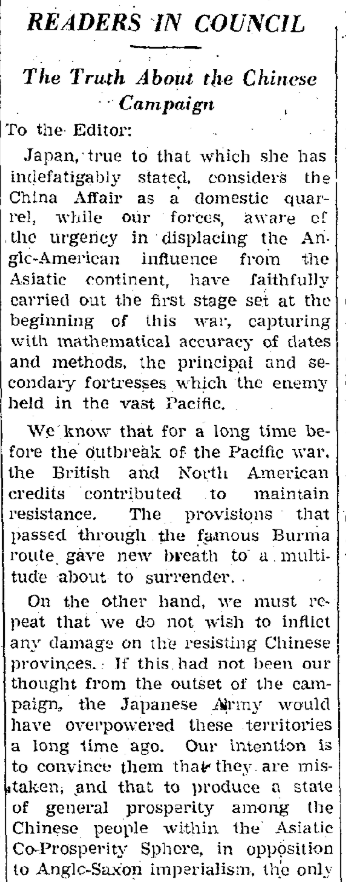
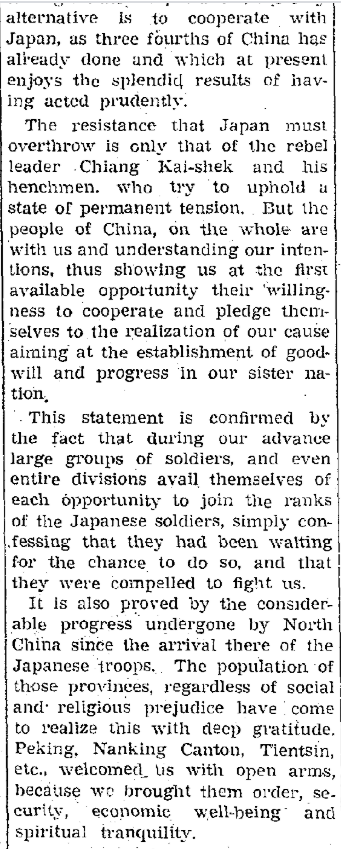
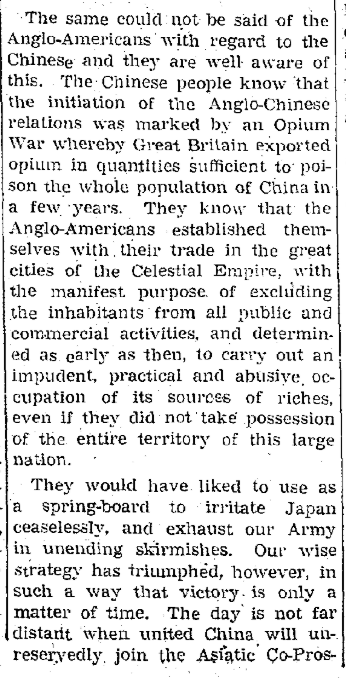

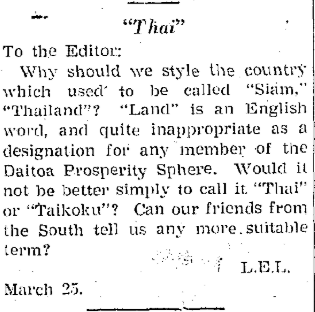
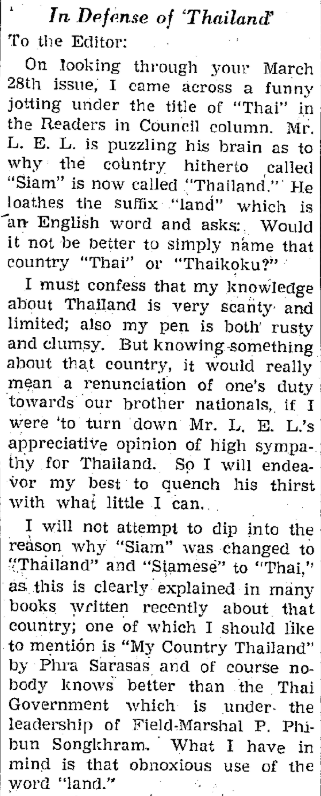
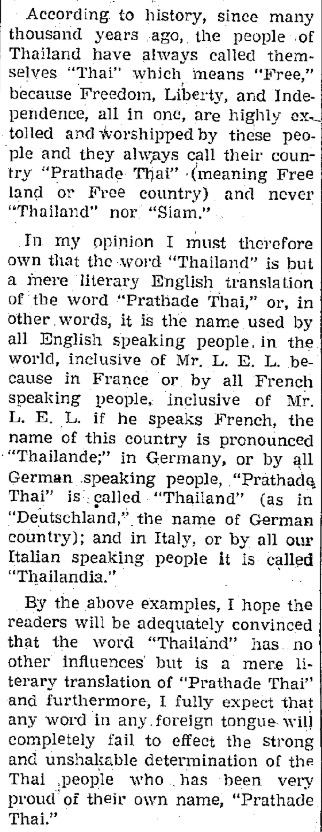
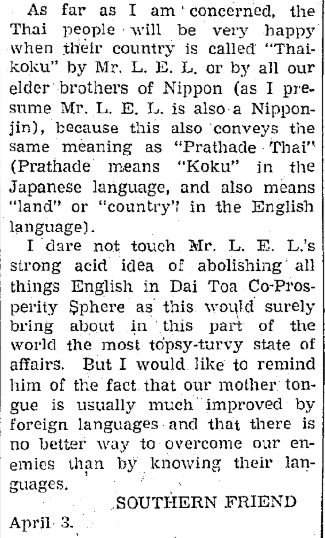
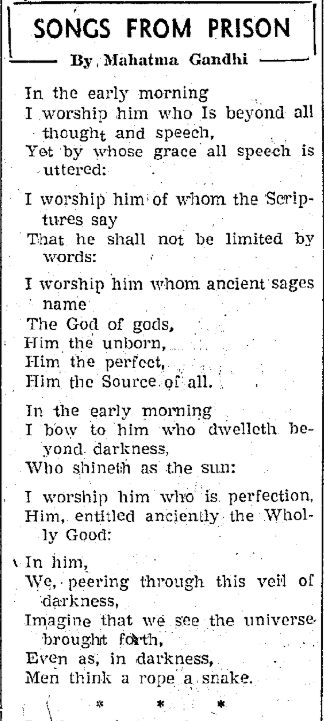
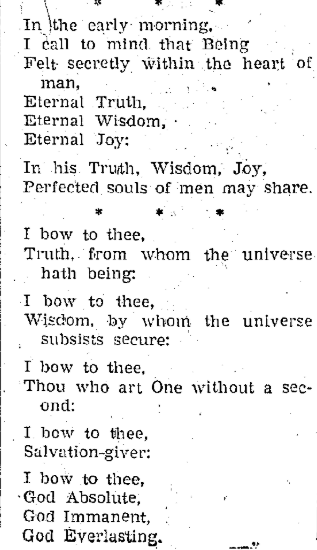
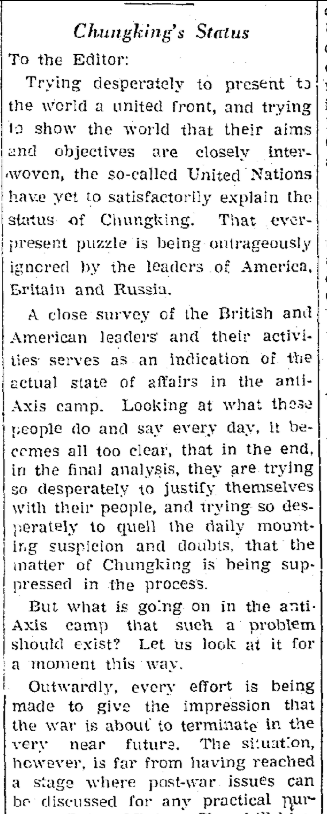
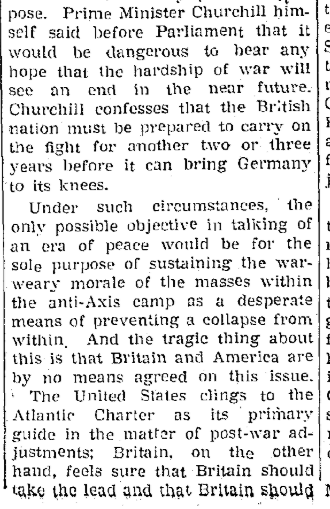
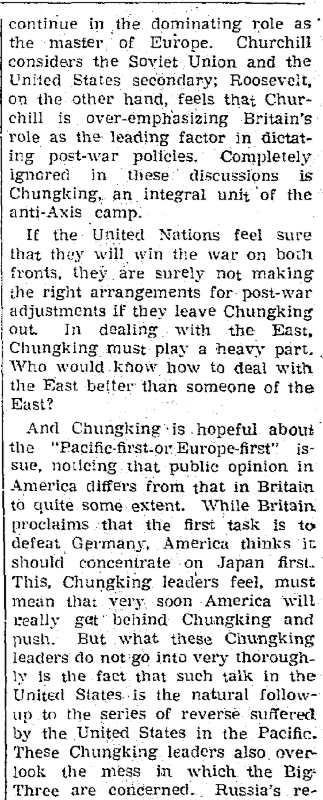
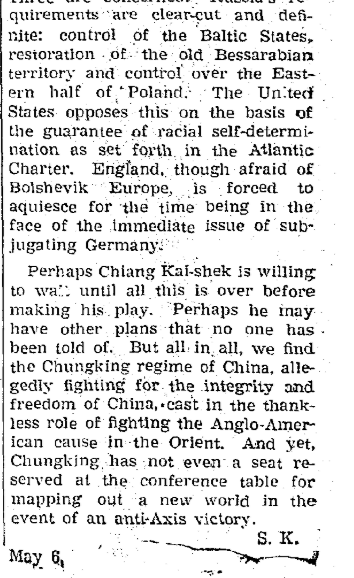
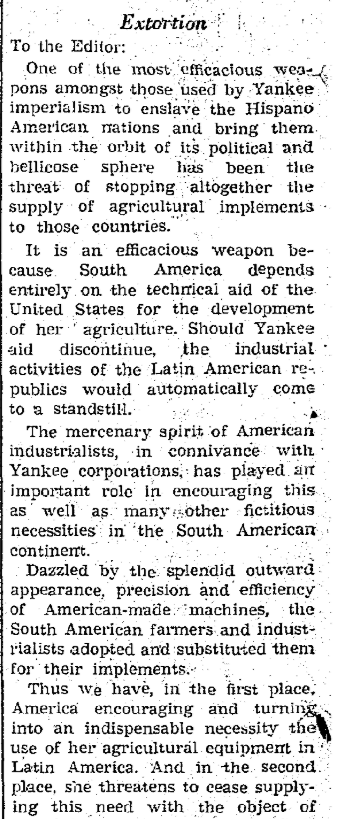
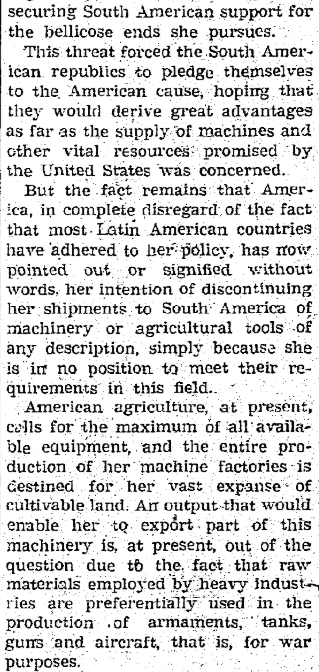
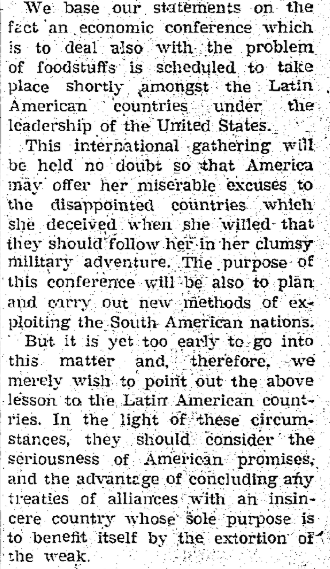
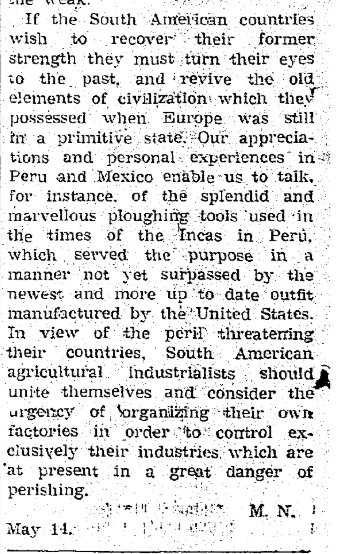
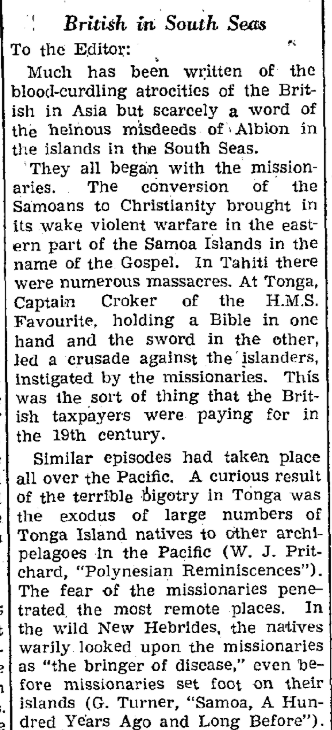
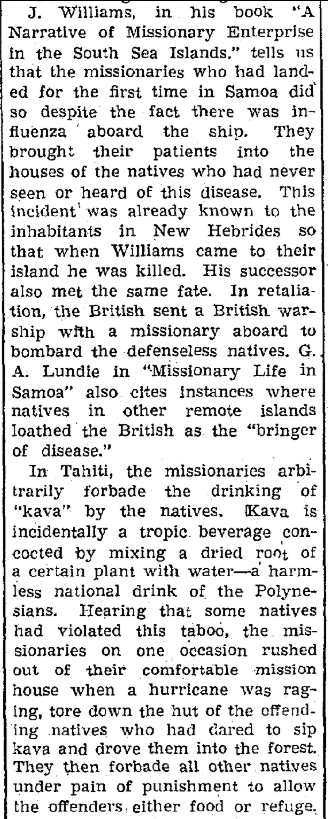
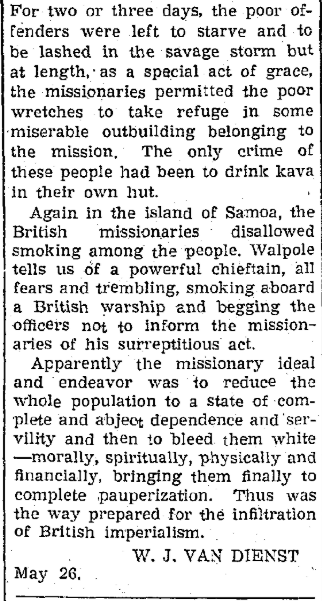

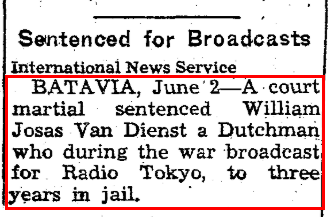
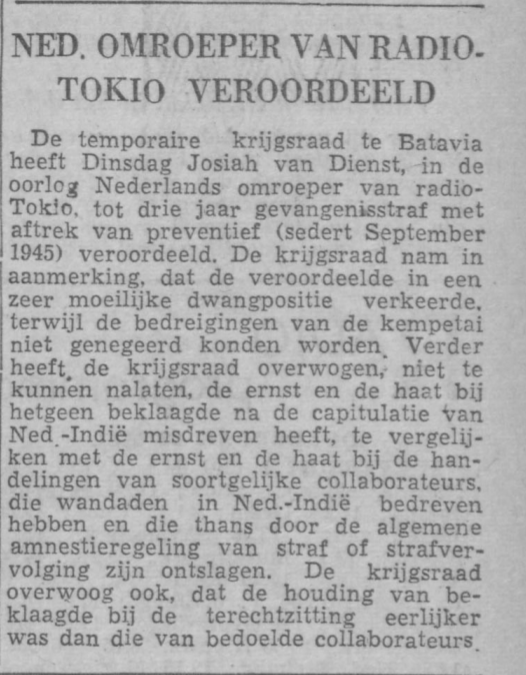

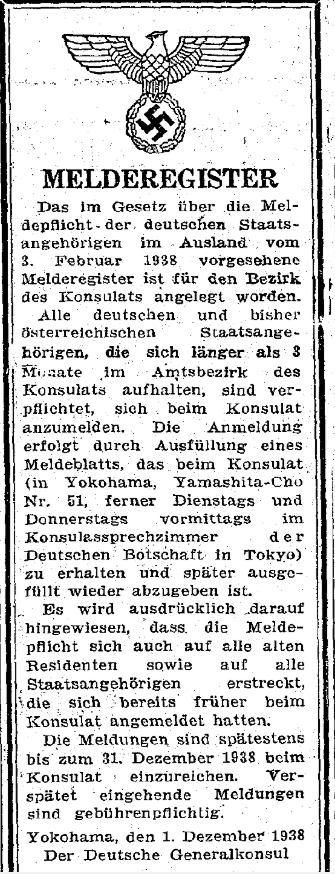
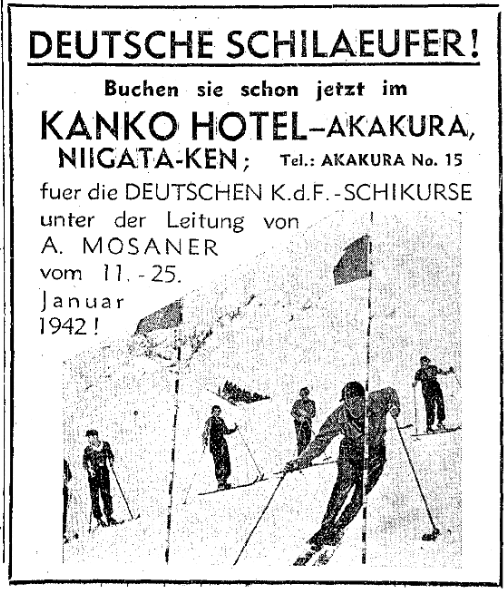
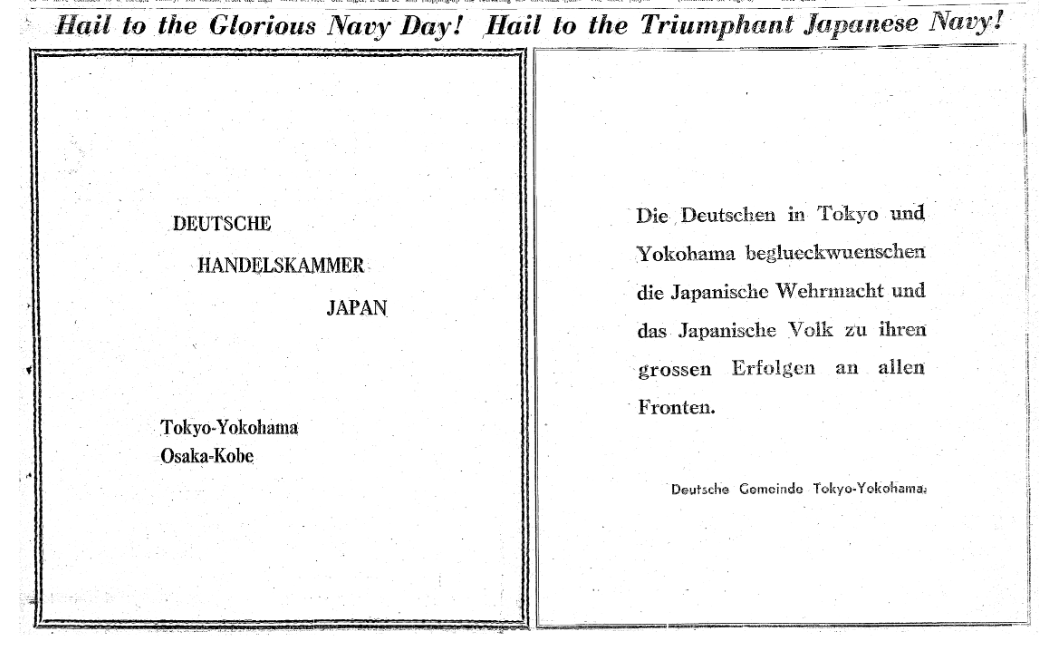
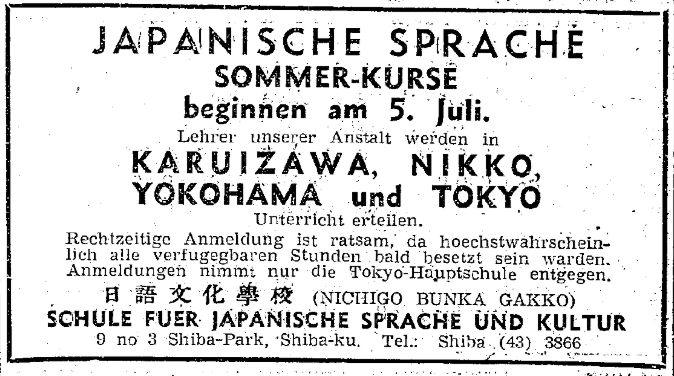
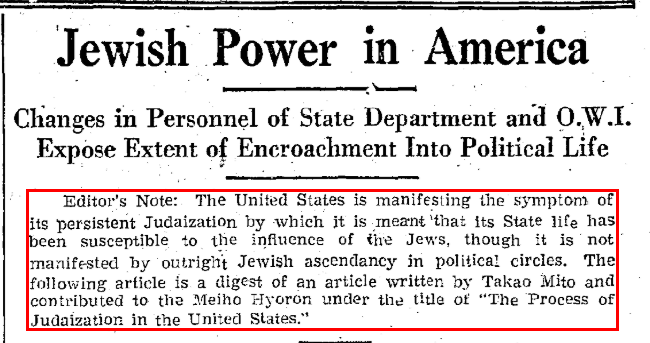
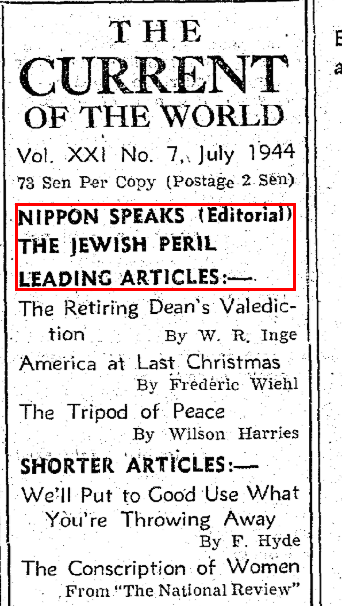
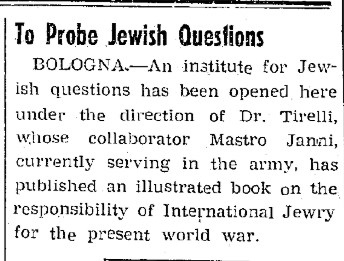

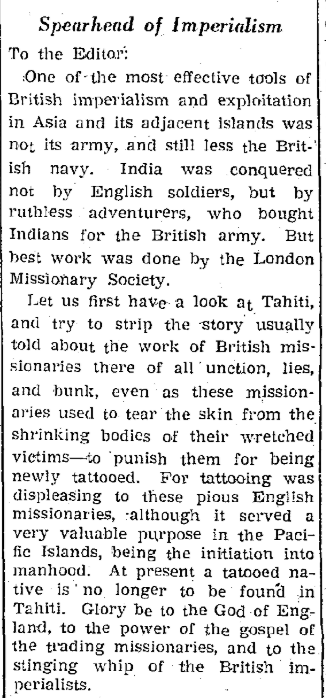
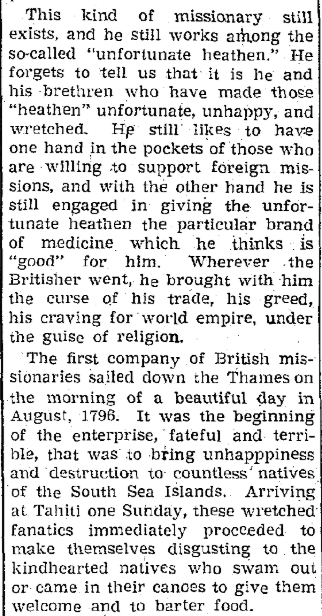
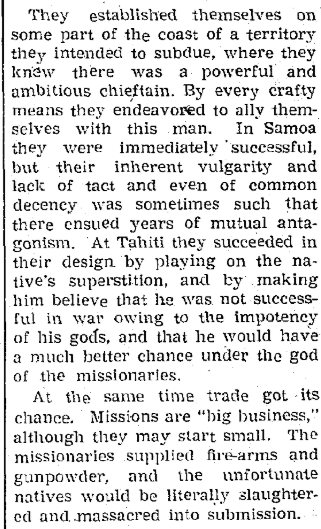
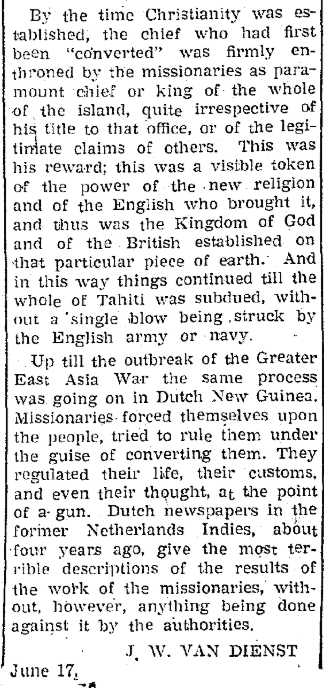
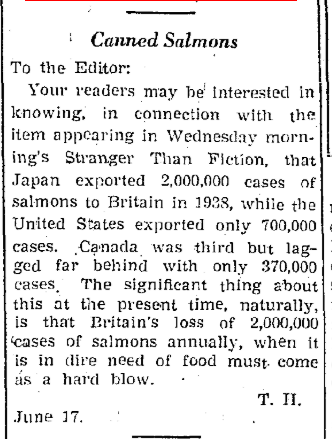
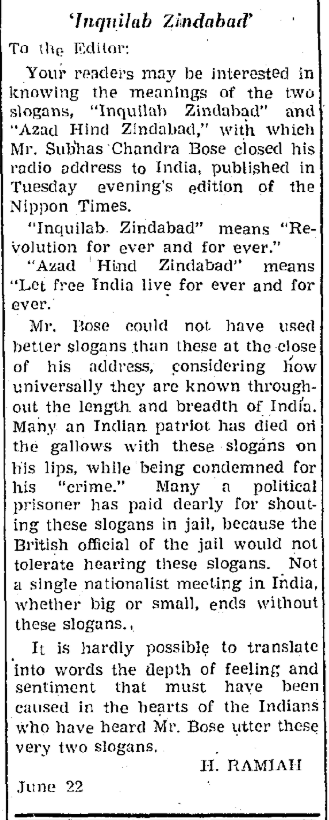
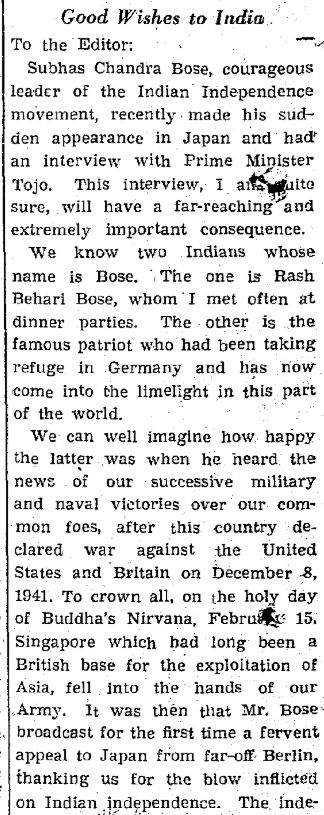
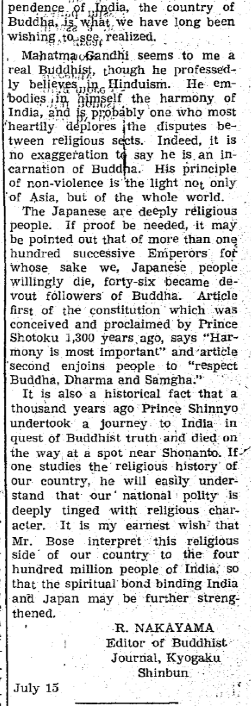
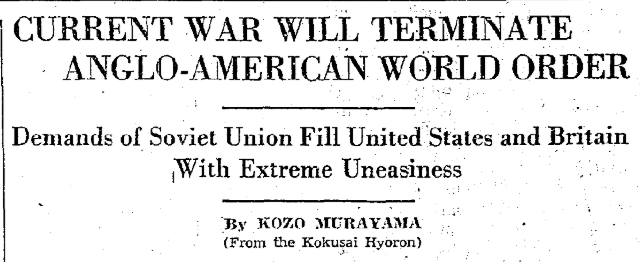
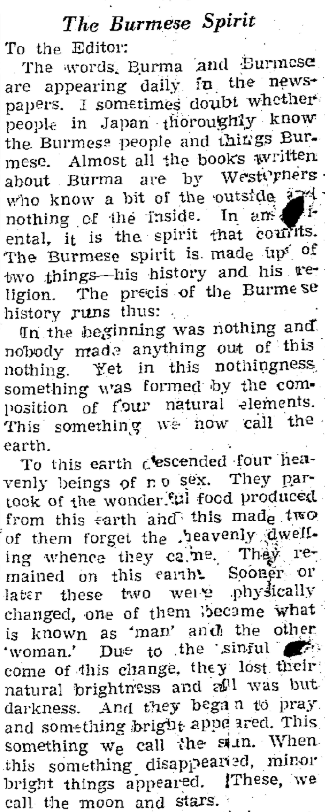
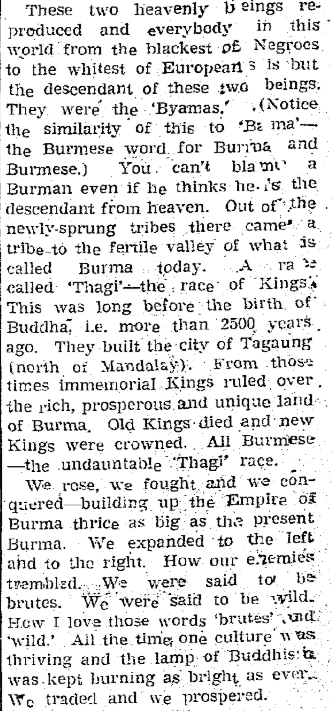
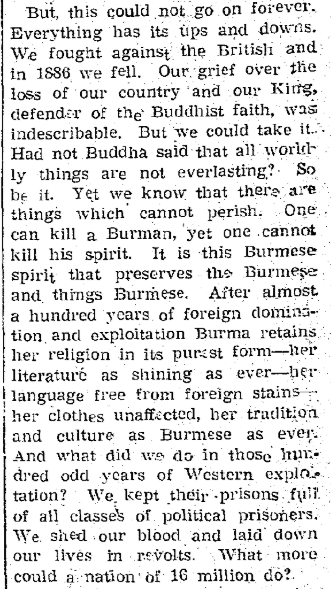
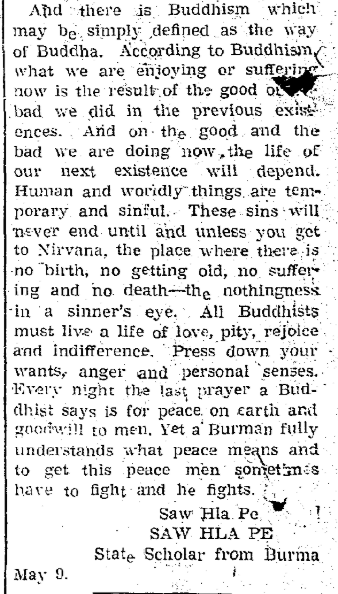




 https://abs.twimg.com/emoji/v2/... draggable="false" alt="🇫🇷" title="Flagge von Frankreich" aria-label="Emoji: Flagge von Frankreich">https://abs.twimg.com/emoji/v2/... draggable="false" alt="🇬🇧" title="Flagge des Vereinigten Königreiches" aria-label="Emoji: Flagge des Vereinigten Königreiches">https://abs.twimg.com/emoji/v2/... draggable="false" alt="🇩🇪" title="Flagge von Deutschland" aria-label="Emoji: Flagge von Deutschland">https://abs.twimg.com/emoji/v2/... draggable="false" alt="🇨🇳" title="Flagge von China" aria-label="Emoji: Flagge von China">/https://abs.twimg.com/emoji/v2/... draggable="false" alt="🇹🇼" title="Flagge des Taiwan" aria-label="Emoji: Flagge des Taiwan"> (& #39;Peking+Fukien dialect& #39;)"Rev. W. Josiah van Dienst" was also one of the lecturers." title="While looking for more about this Dr. Frene, I found an announcement for a lecture session about Japanese and & #39;Oriental& #39; cultural life, given free of charge in these languages: https://abs.twimg.com/emoji/v2/... draggable="false" alt="🇯🇵" title="Flagge von Japan" aria-label="Emoji: Flagge von Japan">https://abs.twimg.com/emoji/v2/... draggable="false" alt="🇫🇷" title="Flagge von Frankreich" aria-label="Emoji: Flagge von Frankreich">https://abs.twimg.com/emoji/v2/... draggable="false" alt="🇬🇧" title="Flagge des Vereinigten Königreiches" aria-label="Emoji: Flagge des Vereinigten Königreiches">https://abs.twimg.com/emoji/v2/... draggable="false" alt="🇩🇪" title="Flagge von Deutschland" aria-label="Emoji: Flagge von Deutschland">https://abs.twimg.com/emoji/v2/... draggable="false" alt="🇨🇳" title="Flagge von China" aria-label="Emoji: Flagge von China">/https://abs.twimg.com/emoji/v2/... draggable="false" alt="🇹🇼" title="Flagge des Taiwan" aria-label="Emoji: Flagge des Taiwan"> (& #39;Peking+Fukien dialect& #39;)"Rev. W. Josiah van Dienst" was also one of the lecturers.">
https://abs.twimg.com/emoji/v2/... draggable="false" alt="🇫🇷" title="Flagge von Frankreich" aria-label="Emoji: Flagge von Frankreich">https://abs.twimg.com/emoji/v2/... draggable="false" alt="🇬🇧" title="Flagge des Vereinigten Königreiches" aria-label="Emoji: Flagge des Vereinigten Königreiches">https://abs.twimg.com/emoji/v2/... draggable="false" alt="🇩🇪" title="Flagge von Deutschland" aria-label="Emoji: Flagge von Deutschland">https://abs.twimg.com/emoji/v2/... draggable="false" alt="🇨🇳" title="Flagge von China" aria-label="Emoji: Flagge von China">/https://abs.twimg.com/emoji/v2/... draggable="false" alt="🇹🇼" title="Flagge des Taiwan" aria-label="Emoji: Flagge des Taiwan"> (& #39;Peking+Fukien dialect& #39;)"Rev. W. Josiah van Dienst" was also one of the lecturers." title="While looking for more about this Dr. Frene, I found an announcement for a lecture session about Japanese and & #39;Oriental& #39; cultural life, given free of charge in these languages: https://abs.twimg.com/emoji/v2/... draggable="false" alt="🇯🇵" title="Flagge von Japan" aria-label="Emoji: Flagge von Japan">https://abs.twimg.com/emoji/v2/... draggable="false" alt="🇫🇷" title="Flagge von Frankreich" aria-label="Emoji: Flagge von Frankreich">https://abs.twimg.com/emoji/v2/... draggable="false" alt="🇬🇧" title="Flagge des Vereinigten Königreiches" aria-label="Emoji: Flagge des Vereinigten Königreiches">https://abs.twimg.com/emoji/v2/... draggable="false" alt="🇩🇪" title="Flagge von Deutschland" aria-label="Emoji: Flagge von Deutschland">https://abs.twimg.com/emoji/v2/... draggable="false" alt="🇨🇳" title="Flagge von China" aria-label="Emoji: Flagge von China">/https://abs.twimg.com/emoji/v2/... draggable="false" alt="🇹🇼" title="Flagge des Taiwan" aria-label="Emoji: Flagge des Taiwan"> (& #39;Peking+Fukien dialect& #39;)"Rev. W. Josiah van Dienst" was also one of the lecturers.">
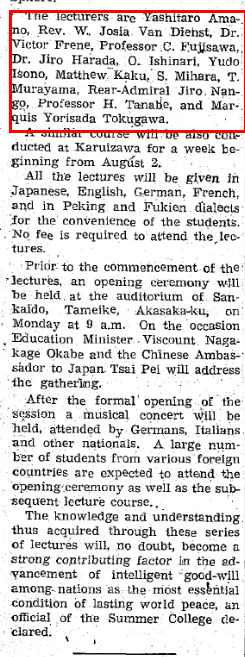 https://abs.twimg.com/emoji/v2/... draggable="false" alt="🇫🇷" title="Flagge von Frankreich" aria-label="Emoji: Flagge von Frankreich">https://abs.twimg.com/emoji/v2/... draggable="false" alt="🇬🇧" title="Flagge des Vereinigten Königreiches" aria-label="Emoji: Flagge des Vereinigten Königreiches">https://abs.twimg.com/emoji/v2/... draggable="false" alt="🇩🇪" title="Flagge von Deutschland" aria-label="Emoji: Flagge von Deutschland">https://abs.twimg.com/emoji/v2/... draggable="false" alt="🇨🇳" title="Flagge von China" aria-label="Emoji: Flagge von China">/https://abs.twimg.com/emoji/v2/... draggable="false" alt="🇹🇼" title="Flagge des Taiwan" aria-label="Emoji: Flagge des Taiwan"> (& #39;Peking+Fukien dialect& #39;)"Rev. W. Josiah van Dienst" was also one of the lecturers." title="While looking for more about this Dr. Frene, I found an announcement for a lecture session about Japanese and & #39;Oriental& #39; cultural life, given free of charge in these languages: https://abs.twimg.com/emoji/v2/... draggable="false" alt="🇯🇵" title="Flagge von Japan" aria-label="Emoji: Flagge von Japan">https://abs.twimg.com/emoji/v2/... draggable="false" alt="🇫🇷" title="Flagge von Frankreich" aria-label="Emoji: Flagge von Frankreich">https://abs.twimg.com/emoji/v2/... draggable="false" alt="🇬🇧" title="Flagge des Vereinigten Königreiches" aria-label="Emoji: Flagge des Vereinigten Königreiches">https://abs.twimg.com/emoji/v2/... draggable="false" alt="🇩🇪" title="Flagge von Deutschland" aria-label="Emoji: Flagge von Deutschland">https://abs.twimg.com/emoji/v2/... draggable="false" alt="🇨🇳" title="Flagge von China" aria-label="Emoji: Flagge von China">/https://abs.twimg.com/emoji/v2/... draggable="false" alt="🇹🇼" title="Flagge des Taiwan" aria-label="Emoji: Flagge des Taiwan"> (& #39;Peking+Fukien dialect& #39;)"Rev. W. Josiah van Dienst" was also one of the lecturers.">
https://abs.twimg.com/emoji/v2/... draggable="false" alt="🇫🇷" title="Flagge von Frankreich" aria-label="Emoji: Flagge von Frankreich">https://abs.twimg.com/emoji/v2/... draggable="false" alt="🇬🇧" title="Flagge des Vereinigten Königreiches" aria-label="Emoji: Flagge des Vereinigten Königreiches">https://abs.twimg.com/emoji/v2/... draggable="false" alt="🇩🇪" title="Flagge von Deutschland" aria-label="Emoji: Flagge von Deutschland">https://abs.twimg.com/emoji/v2/... draggable="false" alt="🇨🇳" title="Flagge von China" aria-label="Emoji: Flagge von China">/https://abs.twimg.com/emoji/v2/... draggable="false" alt="🇹🇼" title="Flagge des Taiwan" aria-label="Emoji: Flagge des Taiwan"> (& #39;Peking+Fukien dialect& #39;)"Rev. W. Josiah van Dienst" was also one of the lecturers." title="While looking for more about this Dr. Frene, I found an announcement for a lecture session about Japanese and & #39;Oriental& #39; cultural life, given free of charge in these languages: https://abs.twimg.com/emoji/v2/... draggable="false" alt="🇯🇵" title="Flagge von Japan" aria-label="Emoji: Flagge von Japan">https://abs.twimg.com/emoji/v2/... draggable="false" alt="🇫🇷" title="Flagge von Frankreich" aria-label="Emoji: Flagge von Frankreich">https://abs.twimg.com/emoji/v2/... draggable="false" alt="🇬🇧" title="Flagge des Vereinigten Königreiches" aria-label="Emoji: Flagge des Vereinigten Königreiches">https://abs.twimg.com/emoji/v2/... draggable="false" alt="🇩🇪" title="Flagge von Deutschland" aria-label="Emoji: Flagge von Deutschland">https://abs.twimg.com/emoji/v2/... draggable="false" alt="🇨🇳" title="Flagge von China" aria-label="Emoji: Flagge von China">/https://abs.twimg.com/emoji/v2/... draggable="false" alt="🇹🇼" title="Flagge des Taiwan" aria-label="Emoji: Flagge des Taiwan"> (& #39;Peking+Fukien dialect& #39;)"Rev. W. Josiah van Dienst" was also one of the lecturers.">
